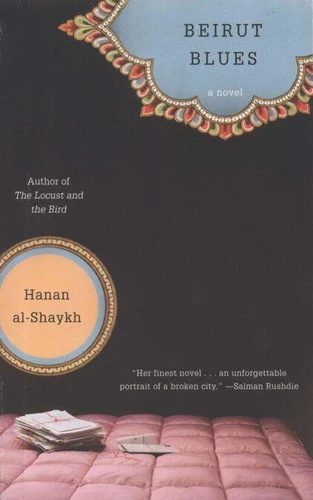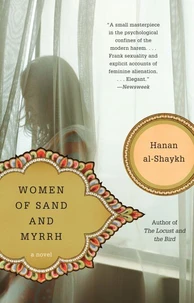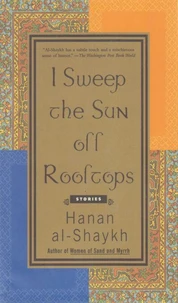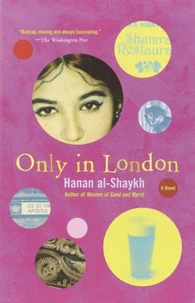Beirut Blues
Par :Formats :
Disponible dans votre compte client Decitre ou Furet du Nord dès validation de votre commande. Le format ePub protégé est :
- Compatible avec une lecture sur My Vivlio (smartphone, tablette, ordinateur)
- Compatible avec une lecture sur liseuses Vivlio
- Pour les liseuses autres que Vivlio, vous devez utiliser le logiciel Adobe Digital Edition. Non compatible avec la lecture sur les liseuses Kindle, Remarkable et Sony
- Non compatible avec un achat hors France métropolitaine
 , qui est-ce ?
, qui est-ce ?Notre partenaire de plateforme de lecture numérique où vous retrouverez l'ensemble de vos ebooks gratuitement
Pour en savoir plus sur nos ebooks, consultez notre aide en ligne ici
- Nombre de pages384
- FormatePub
- ISBN978-0-307-83113-2
- EAN9780307831132
- Date de parution10/04/2013
- Protection num.Adobe DRM
- Taille2 Mo
- Infos supplémentairesepub
- ÉditeurAnchor
Résumé
With the acclaim won by her first two novels, Hanan al-Shaykh established herself as the Arab world's foremost woman writer. Beirut Blues, published to similar acclaim, further confirms her place in Arabic literature, and brings her writing to a new, groundbreaking level. The daring fragmented structure of this epistolary novel mirrors the chaos surrounding the heroine, Asmahan, as she futilely writes letters to her loved ones, to her friends, to Beirut, and to the war itself--letters of lament that are never to be answered except with their own resounding echoes.
In Beirut Blues, Hanan al-Shaykh evokes a Beirut that has been seen by few, and that will never be seen again.
In Beirut Blues, Hanan al-Shaykh evokes a Beirut that has been seen by few, and that will never be seen again.
With the acclaim won by her first two novels, Hanan al-Shaykh established herself as the Arab world's foremost woman writer. Beirut Blues, published to similar acclaim, further confirms her place in Arabic literature, and brings her writing to a new, groundbreaking level. The daring fragmented structure of this epistolary novel mirrors the chaos surrounding the heroine, Asmahan, as she futilely writes letters to her loved ones, to her friends, to Beirut, and to the war itself--letters of lament that are never to be answered except with their own resounding echoes.
In Beirut Blues, Hanan al-Shaykh evokes a Beirut that has been seen by few, and that will never be seen again.
In Beirut Blues, Hanan al-Shaykh evokes a Beirut that has been seen by few, and that will never be seen again.








